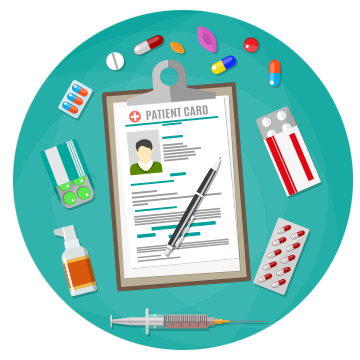Module 2: Basic Pharmacology of Controlled Drugs and Substances
Lesson 1
Barbiturates – Common adverse effects
Side effects of barbiturates are similar to those of the benzodiazepines and, therefore, management strategies are similar as well. Withdrawal after chronic use should be tailored to the individual patient and tapered gradually.
Adults – Drowsiness is frequent, especially when initiating therapy. Mild impairment of concentration, judgment, memory, and fine motor skills may occur. Sleep disturbances, dizziness, vertigo, headache, and depression have been reported. Patients with poorly controlled pain may experience paradoxical euphoria, elation or excitement, confusion, delirium, or increased pain intensity (Canadian Pharmacists Association, 2014).
Children – Hyperactivity is common, and behavioural and cognitive impairment may occur. NPs may wish to consult specialized pediatric references or a physician or pharmacist prior to initiating therapy.
Elderly – Geriatric patients may experience excitation, confusion, or depression. Other adverse effects in all age groups include hypotension, nausea, vomiting, diarrhea, constipation, megaloblastic anemia, hypersensitivity, and respiratory depression. Decreased dosage is recommended in older adults and in those with decreased renal or liver function (Canadian Pharmacists Association, 2014).
Reference:
- Canadian Pharmacists Association. (2014). E-Therapeutics. Ottawa: Author.
